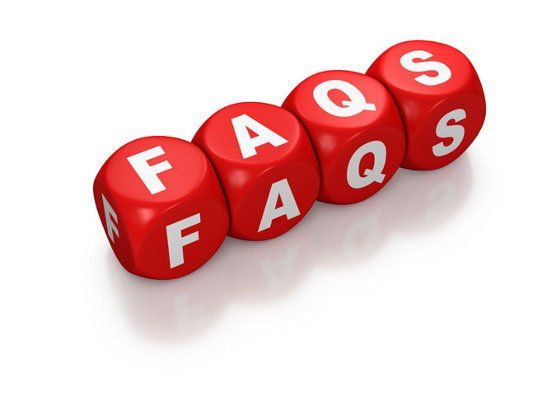
What can I expect on my first visit to an osteopath?
At the first consultation, the osteopath will compile a full case history of your symptoms, as well as asking for information about your lifestyle and previous medical history. The osteopath may also observe you making some simple movements to help him make a diagnosis. You will usually be asked to remove some clothing near the area of the body to be examined.
Osteopaths are taught to examine areas of the body using a highly-developed sense of touch, known as palpation, to determine conditions and identify the body's points of weakness or excessive strain. Osteopathy is a 'package' of care that includes skilled mobilising and manipulative techniques, reinforced by guidance on diet and exercise.
The osteopath will discuss with you the most appropriate treatment plan, estimating the likely number of sessions needed to treat your condition effectively. If the osteopath thinks that your condition is unlikely to respond to osteopathic treatment, you will be advised about how to seek further care. Osteopaths are skilled in diagnostic techniques and trained to identify when a patient needs to be referred to a GP.
How long do osteopathic appointments usually last?
In general, the first treatment lasts about 60 minutes, and return visits are allocated half an hour. Your first appointment is usually slightly longer to allow for a full case history to be taken.
Can I claim on my private medical insurance?
Many private health insurance policies provide cover for osteopathic treatment. It may be possible to claim for a course of treatment, but you should check in advance with your insurance company before seeking osteopathic treatment, in order to confirm the available level of cover and whether you will need to have a referral from your GP or a specialist.
What do osteopaths treat?
Osteopathy focuses on the diagnosis, management, treatment and prevention of musculoskeletal and other related disorders without the use of drugs or surgery. Commonly treated conditions include back and neck pain, postural problems, sporting injuries, muscle and joint deterioration, restricted mobility and occupational ill-health.
Do I need a GP referral to see an osteopath?
Most patients 'self-refer' to an osteopath for treatment. Although referral by a GP is not necessary, patients are encouraged to keep both their GP and osteopath fully informed, so that their medical records are current and complete, and the patient receives the best possible care from both healthcare practitioners.
Do GPs refer their patients to osteopaths?
Yes. GPs refer patients to osteopaths where they believe this intervention would be beneficial. Referral guidelines are provided by the General Medical Council.
How do I know if an osteopath is registered?
All osteopaths must be registered with the General Osteopathic Council. You can use the Register to check whether your health professional is currently registered.
Can anyone call themselves an osteopath?
The title 'osteopath' is protected by law, and only those included on the Register are entitled to practise as osteopaths. Unregistered practice is a criminal offence in the UK.
Can I find out how long an osteopath has been registered?
The date an osteopath was first registered with the General Osteopathic Council can be seen in the 'Practitioner Details' on the Register.
What training do osteopaths have?
Undergraduate students follow a four or five-year degree course combining academic and clinical work. Qualification generally takes the form of a bachelor’s degree in osteopathy – a BSc(Hons), BOst or BOstMed – or a master's degree in osteopathy (MOst). Many osteopaths continue their studies after graduating.
Osteopaths are required to update their training throughout their working lives. They must complete at least 30 hours of Continuing Professional Development per year. Rest assured all our osteopaths at Keith Robertson D.O are fully trained and experienced.
Who sets the standards of training and practice for osteopaths?
The standards of osteopathic training and practice are maintained and developed by the General Osteopathic Council, the profession’s statutory regulator established under the Osteopaths Act 1993.
What is revalidation?
Revalidation is the process by which osteopaths will have to demonstrate to us that they are up to date and fit to practise and meet the relevant professional standards. All healthcare regulators are required by the government to develop a scheme for revalidating their registrants.
What should I do if I have concerns about the osteopath or the treatment I have received?
All osteopaths are expected to have a complaints procedure in place in their practice to address patient concerns.
If you have concerns about the competence or the professional conduct of your osteopath, and you have been unable to resolve the issue satisfactorily with the osteopath, or their employer, the General Osteopathic Council will advise on the next steps to take under a formal complaints procedure.
Looking for an injury rehabilitation clinic in Stirling? Visit Keith Robertson D.O or
Call Now: 01786 479 832


